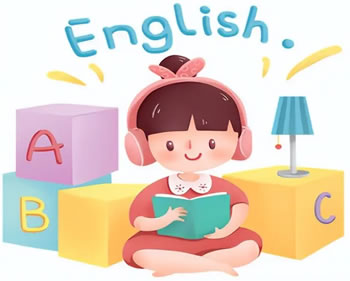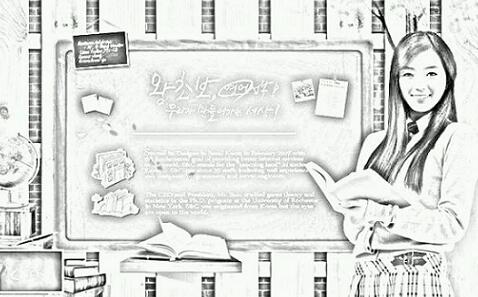
英语作文:从错误中吸取教训(插图)
写作题目:从错误中吸取教训
Some people think that we can leam good lessons from past mistakes while others say that we can leam nothing. What is your opinion about this?
写作范文Learnig from Mistakes
We all make mistakes which are inevitable. What is worse is failure to con own mistakes. While making mistakes is good, repeating mistakes is definitely not. Apart from correcting your own mistakes, we should learn from the mistakes.
You can only learn from a mistake after you admit you have made one. As soon as you start blaming other people, you distance yourself from any possible lesson that could be leamed from it. But if you courageously stand up and honestly say "This is my mistake and I am responsible", the possibilities for leaming will move towards you. Admission of a mistake, even if only privately to yourself, makes leaming possible by moving the focus away from blaming yourself and towards understanding. Wise people admit their mistakes easily. They know progress accelerates when they do. On the other hand, for many reasons admitting mistakes is difficult. This is why some people consider that they can leam nothing from mistakes, We are taught in school, in our families, or at work to feel guilty about failure and to do whatever we can to avoid mistakes. This sense of shame combined with the inevitability of setbacks when attempting difficult things explains why many people give up on heir goals: they are not prepared for the mistakes and failures they will face on their way to what they want.
In conclusion, we can and should leam good lessons from past mistakes in order to be more successful in our private and public lives. (251 words)
更多作文精彩句子
1.Sometimes the best way to learn anything is to start out by making mistakes.
有时学习东西的最好方式是从犯错开始。
2.The more mistakes a person makes,the more they will have learned and the greater chance they will have of succeeding on their next try.
一个人犯的错误越多,他学到的就越多,他下一次尝试的时候成功的几率也越大。
3.The key, however, is to leam from your mistakes and never make the same mistake twice. Thomas Edison would have never invented the light bulb if he had not taken this principle to heart.
然而,关键是从你所犯的错误中学习并且永远不再犯同样的错误。托马斯·爱迪生如果没有记住这个原则的话肯定发明不出电灯。
编辑:Liuxuepaper.Com
作文地带知识拓展:
英语(English)属于印欧语系日耳曼语族西日耳曼语支,最早被中世纪的英国使用,并因其广阔的殖民地而成为世界使用面积最广的语言。英国人的祖先盎格鲁部落是后来迁移到大不列颠岛地区的日耳曼部落之一,称为英格兰。这两个名字都来自波罗地海半岛的Anglia。该语言与弗里斯兰语和下撒克森语密切相关,其词汇受到其他日耳曼语族语言的影响,尤其是北欧语(北日耳曼语),并在很大程度上由拉丁文和法文撰写。
英语的英文释义:
English 名词 uk /ˈɪŋ.ɡlɪʃ/ us /ˈɪŋ.ɡlɪʃ/
the language that is spoken in the UK, the US, and in many other countries
英语
American/British English
美式/英式英语
Do you speak English?
你会说英语吗?
English 形容词 adjective uk /ˈɪŋ.ɡlɪʃ/ us /ˈɪŋ.ɡlɪʃ/
in or relating to the English language
英语的
an English teacher
英语老师
relating to or from England
英格兰的;英国的
English films/food/people
英国电影/食品/人
English law
英格兰法律









文档为doc格式
推荐阅读:



